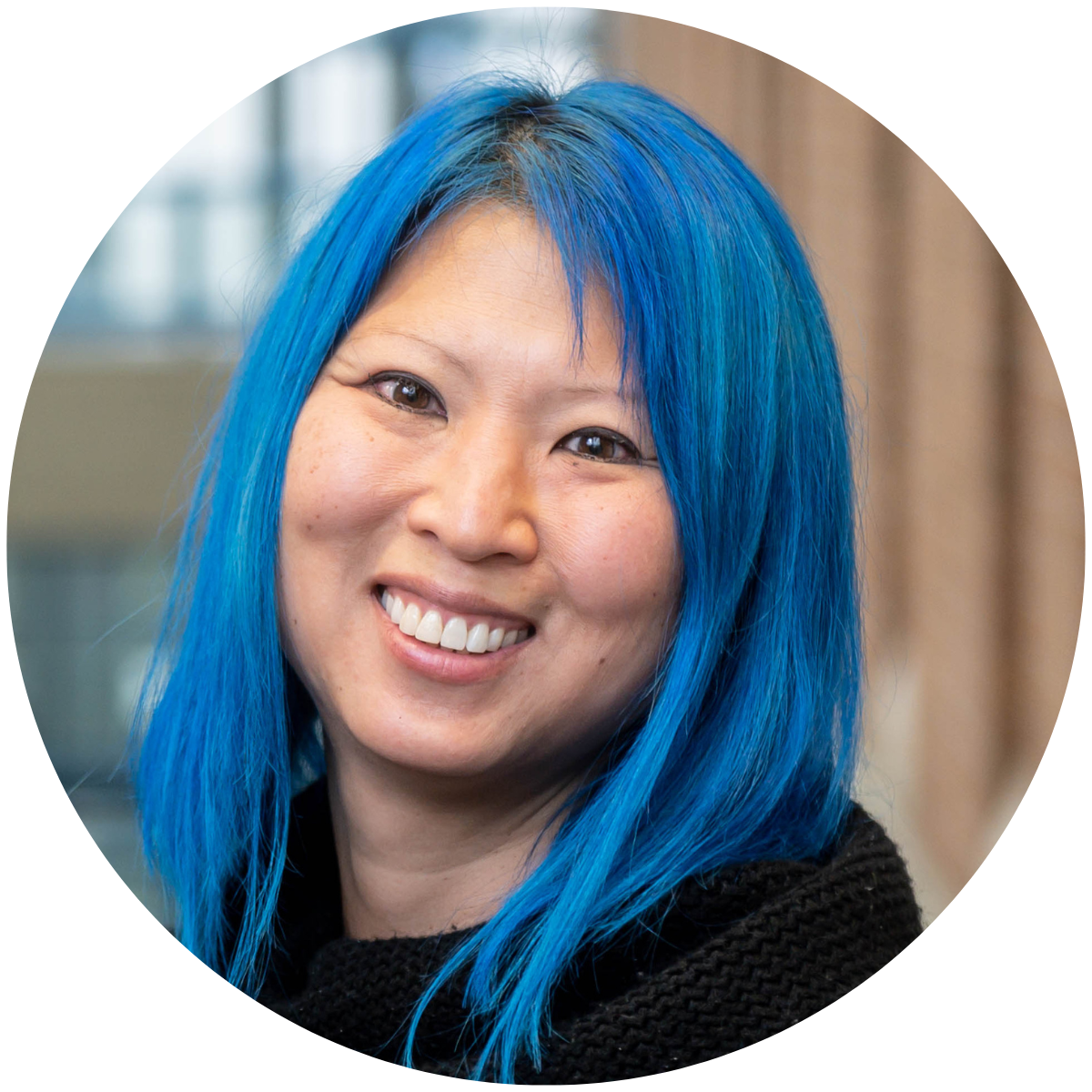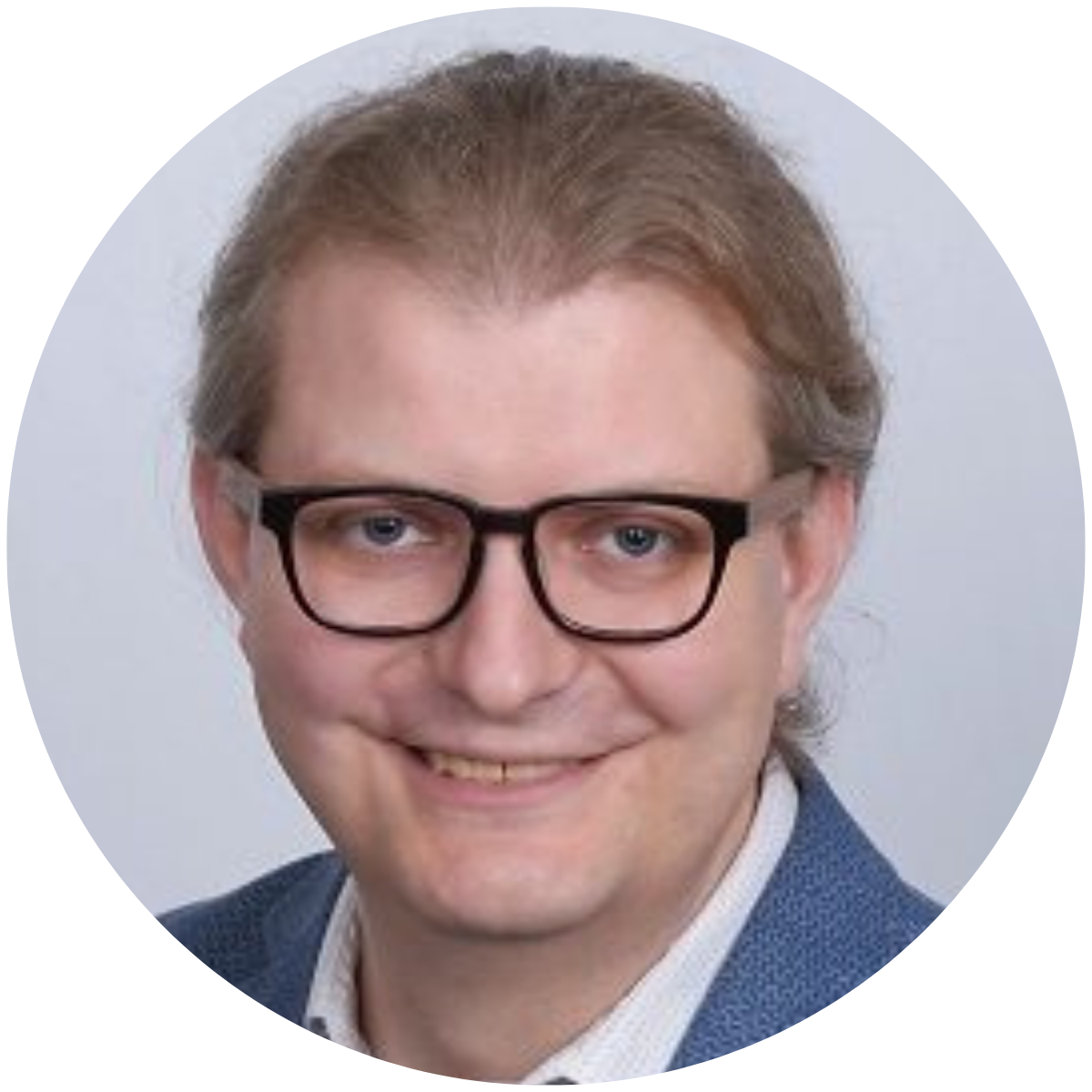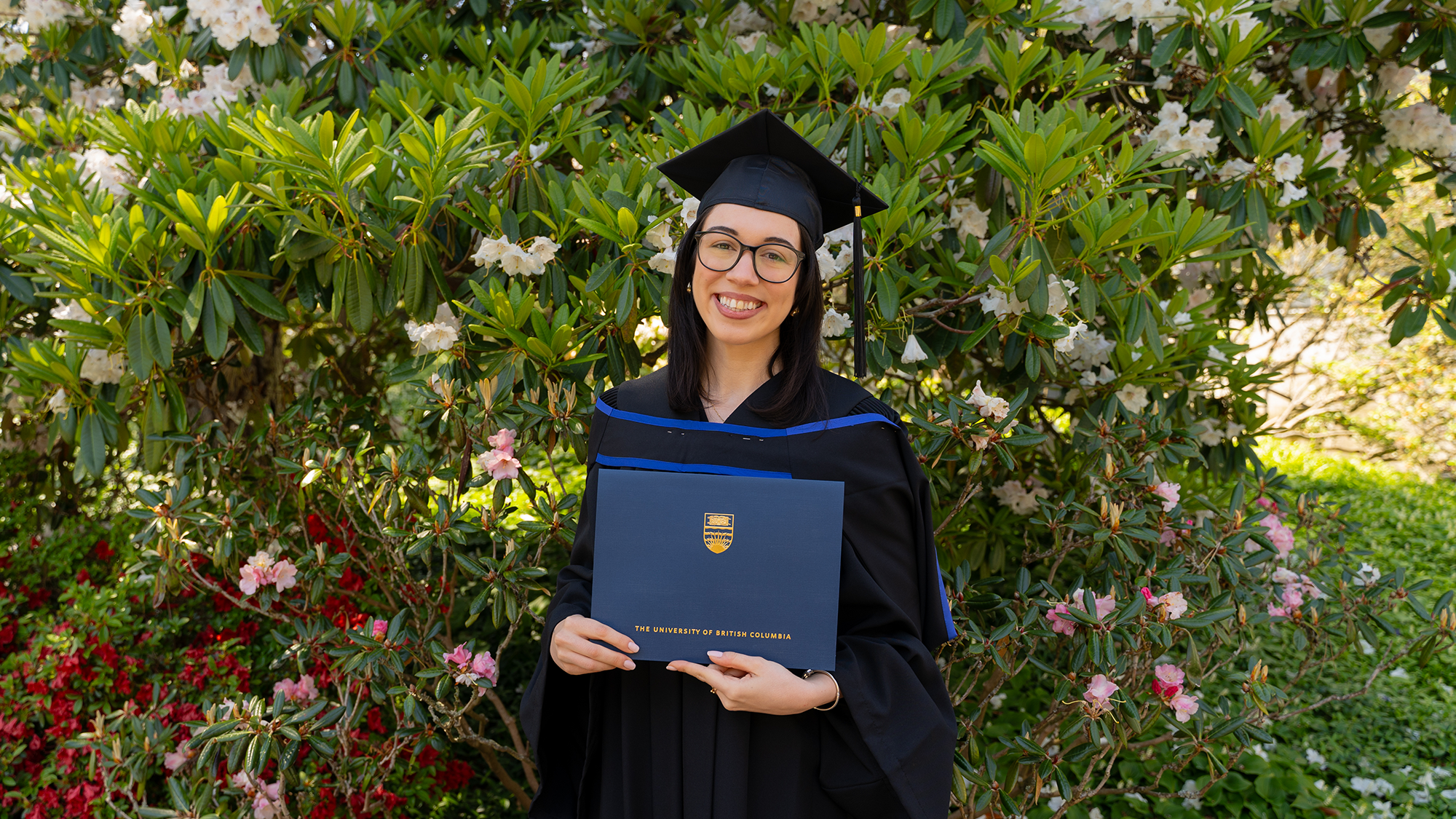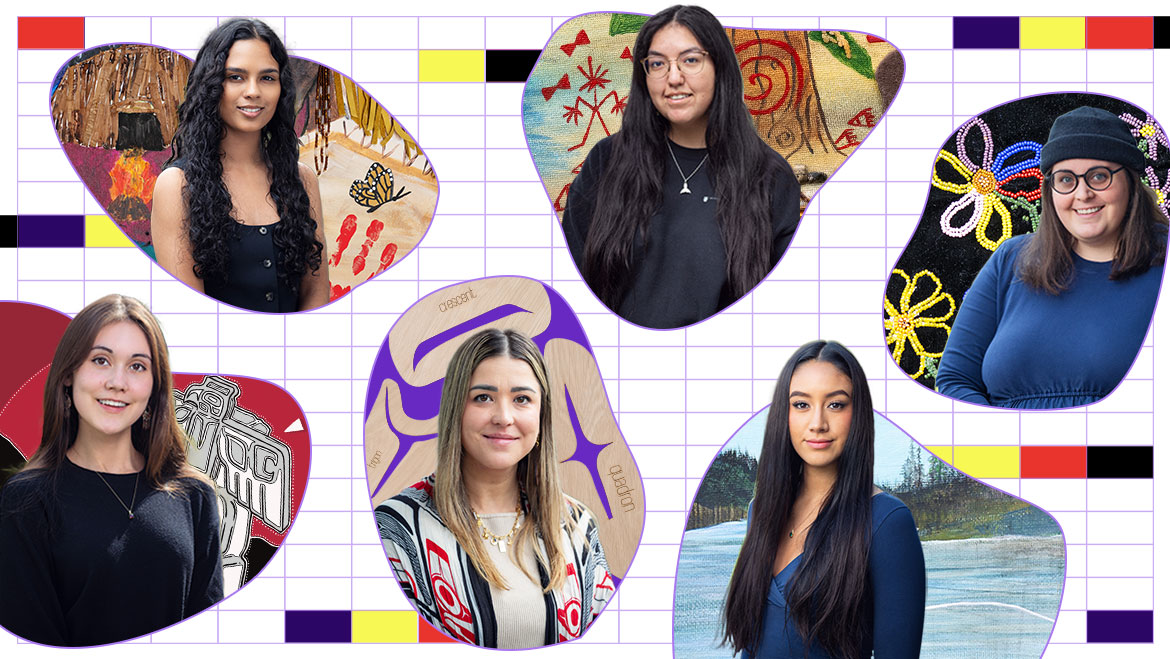

Dr. Amori Mikami has been appointed as the new Canada Research Chair, and Dr. Luke Bergmann has been reappointed as a Research Chair, both in recognition of their outstanding contributions to their respective fields of research.
The Canada Research Chairs Program elevates Canadian universities to world-class research centers by fostering research excellence and training the next generation of skilled professionals. Chairholders contribute to advancing knowledge, improving quality of life, and strengthening Canada’s global competitiveness.


Dr. Amori Mikami
Canada Research Chair in Clinical Child Psychology; Professor and Associate Head, Equity, Diversity and Inclusion, at the Department of Psychology
Dr. Amori Mikami’s work integrates basic and intervention science to comprehend and address the complex factors contributing to peer problems in youth with attention-deficit/hyperactivity disorder (ADHD). Her research team developed Parental Friendship Coaching, a program that assists parents in coaching their children with ADHD to form and maintain friendships.
Dr. Mikami will leverage her renewed support as Canada Research Chair to investigate obstacles to mental health services and structures that foster a more socially inclusive and welcoming peer group, particularly for the equity-deserving population of Asian Canadian youth with ADHD.


Dr. Luke Bergmann
Canada Research Chair in GIS, Geospatial Big Data and Digital Geohumanities; Associate Professor at the Department of Geography
Dr. Luke Bergmann’s research focuses on integrating geographical perspectives into computing and digital research methods, with the goal of expanding how computers represent geographic space and processing non-computable data in the digital age.
Dr. Bergmann collaborates with researchers from diverse disciplines to explore topics such as the relationship between the economy, environment, and growth in the context of a changing China. As well as, the evolution and spread of viruses, industrial and alternative agricultural landscapes, and the history and ongoing development of geographic thought. Through his work, he aims to bring geographical perspectives on space, place, scale, and process, while leveraging computers and digital research methods to advance research in geography and related fields.


